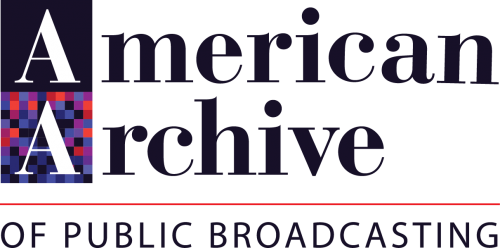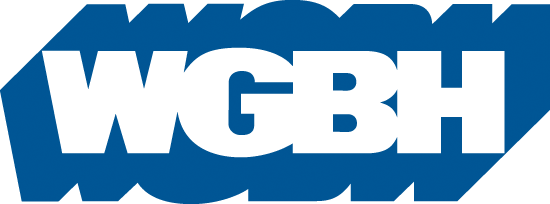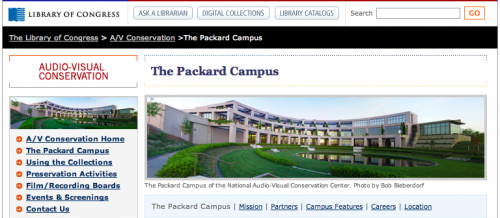MEP Collaboration with American Archive of Public Broadcasting
Dartmouth College and The American Archive of Public Broadcasting (AAPB) are pleased to announce a new collaboration in which AAPB’s Online Reading Room of public television and radio programming will now be accessible through the Media Ecology Project (MEP) at Dartmouth.
The Media Ecology Project is a digital resource directed by Dartmouth Associate Professor of Film and Media Studies Mark J. Williams. MEP provides researchers with not only online access to archival moving image collections but also with tools to participate in new interdisciplinary scholarship that produces metadata about the content of participating archives. By providing annotated knowledge about the archival materials, students and scholars add value back to the archives, making these materials more searchable in the future. The MEP aims to facilitate the awareness of and critical study of media ecology—helping to save and preserve at-risk historical media and contribute to our understanding of their role in the public sphere and in popular memory.
Through this new AAPB-Dartmouth collaboration, historic public broadcasting programs available in the AAPB Online Reading Room will be accessible through the MEP platform. Scholars, researchers and students using the MEP platform will be able to access AAPB collection materials for research, in-classroom presentations and other assignments as part of their academic and scholarly work. MEP scholarly participation spans the disciplines from Arts and Humanities to the Social Sciences, Computer Science and Medical Science. One topic that Williams will immediately pursue with students and colleagues is coverage of the civil rights era that exists in the collection.
While conducting their research via MEP, scholars will be able to give back to AAPB by creating time-based annotations and metadata under a public domain license. Basic descriptive metadata such as credit information for video and audio files is desired, but more granular time-based annotations that describe specific sub-clips within media files will designate more particular areas of scholarly interest. These sub-clips can then be utilized in research essays that are open to scholarly emphases across the academic disciplines. The annotations that students and scholars produce will be made available on the AAPB website for improved searching, navigation and discoverability across the collection and within individual digitized programs and recordings. Access to the AAPB’s Online Reading Room through the Media Ecology Project requires an id and password; researchers interested in obtaining a login should contact: .
The American Archive of Public Broadcasting (AAPB) is a collaboration between the Library of Congress and the WGBH Educational Foundation to coordinate a national effort to preserve at-risk public media before its content is lost to posterity and provide a central web portal for access to the unique programming that public stations have aired over the past 70 years. To date, over 50,000 hours of television and radio programming by more than 100 public media organizations and archives across the United States have been digitized for long-term preservation and access. The entire collection is available on location at WGBH and the Library of Congress, and almost 31,000 programs are available online at: americanarchive.org. For more information or to request access to specific materials at either WGBH or LoC, researchers can request a research appointment via the “Special Collections” link.
Making the AAPB more accessible, useable, and engaging for scholars, researchers and students furthers AAPB’s mission to facilitate the use of historic public broadcasting materials. Further, the capacity of participants in the MEP to generate and provide tagged annotations and metadata to the AAPB will support the archive in becoming a centralized web portal for discovery of the historic content created by public broadcasting over the past 70+ years.
Click here to go to the Dartmouth News press release of this announcement.



